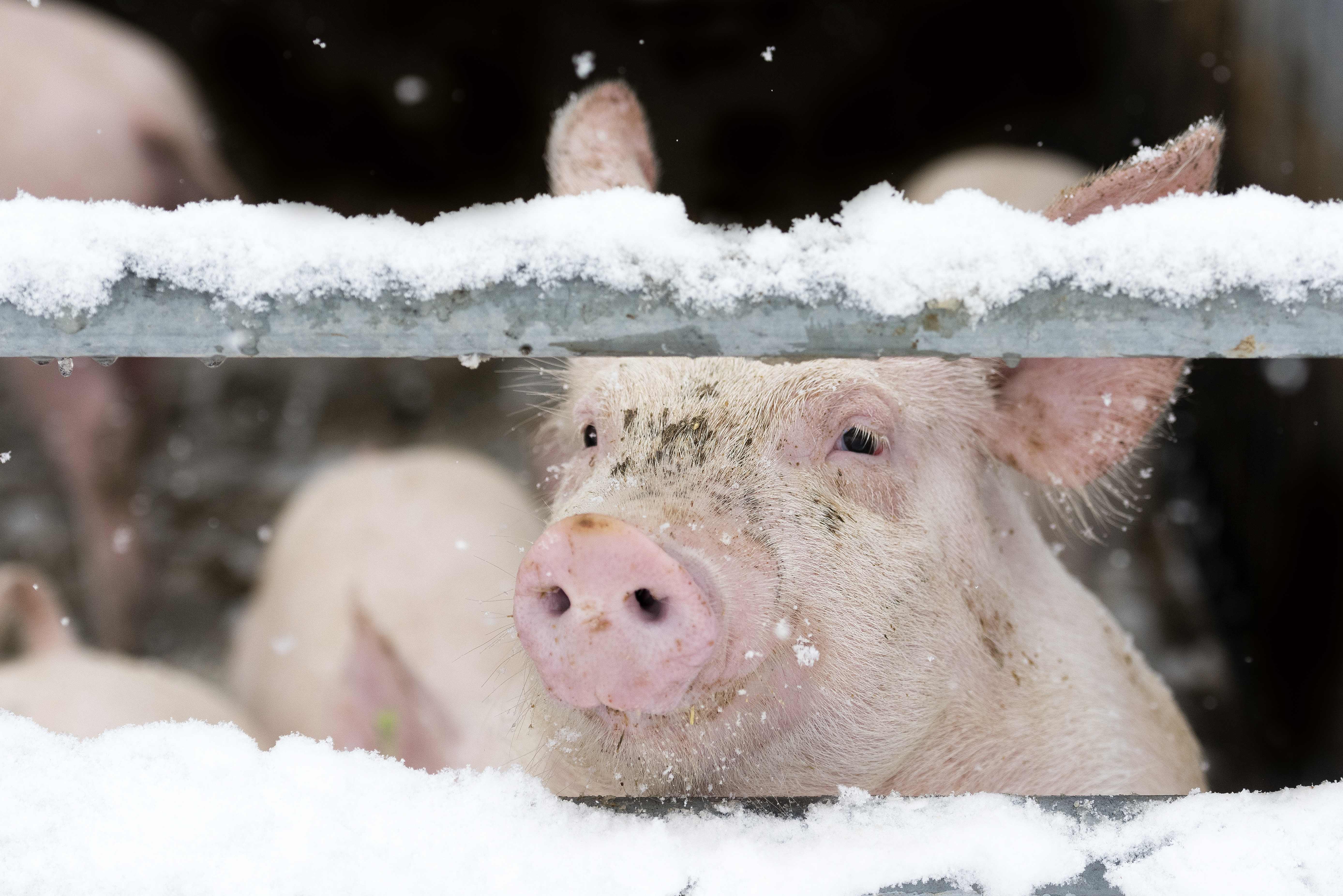



Polar vortex strikes US farm belt
Farmers from North Dakota to Iowa buckled down for some of the coldest weather in a generation and so did their livestock.Reuters have reported that many producers have been throwing extra rations to pigs and building igloos for chickens in the teeth of sub-zero temperatures and bone-chilling winds.

Some joked about the forecast. But temperatures expected to plunge in some areas as low as minus 40 degrees, the point at which Fahrenheit and Celsius converge, are no laughing matter for an industry dependent on the elements.
Cargill Inc closed all its grain plants in the US Midwest on Wednesday because of extreme cold - and will likely reopen them after temperatures warm, company spokeswoman April Nelson said.
Tyson Foods Inc cancelled two shifts at a pork plant in Waterloo, Iowa, while Hormel Foods Corp halted the hog slaughter at its processor in Austin, Minnesota, according to three people familiar with the operations. The companies did not respond to requests for comment on the closures.
The brutal chill was caused by the polar vortex, a mass of freezing air that normally spins around the North Pole but has made its way south to the United States.
Minnesota farmer, Peter Bakken, woke on Wednesday to three of his family's cattle water fountains frozen. He spent the day spraying hot water to thaw the pipes and keeping a close eye on the weather forecast.
The family grows alfalfa and snow cover on the plants is insulating them from the bitter cold. But the weather is expected to warm this weekend, and then get cold again. He said that could replace the snow cover with ice, which could kill the plants.
Cattle ranchers Joey Myers and her fiancé, Scott Bailey, in Minot, North Dakota, were brewing even more coffee after staying up all night - for a second night in a row - to check on their animals.
They feared the minus 18-degree F ( minus 28-C) temperatures with wind chills of minus 50 degrees F (minus 45 C) could cause their pregnant cows to give birth early. Their heated barn is not big enough to house every animal, so they must keep watch for newborn calves to prevent fatalities.
Ron Prestage, president of one of Iowa's biggest hog producers, Prestage Farms, said his company had been stocking up on feed to last at least until Friday, and was making sure heaters and water lines were running at hog barns.
“As cold as it’s going to be, water lines are a critical factor,” he said.








